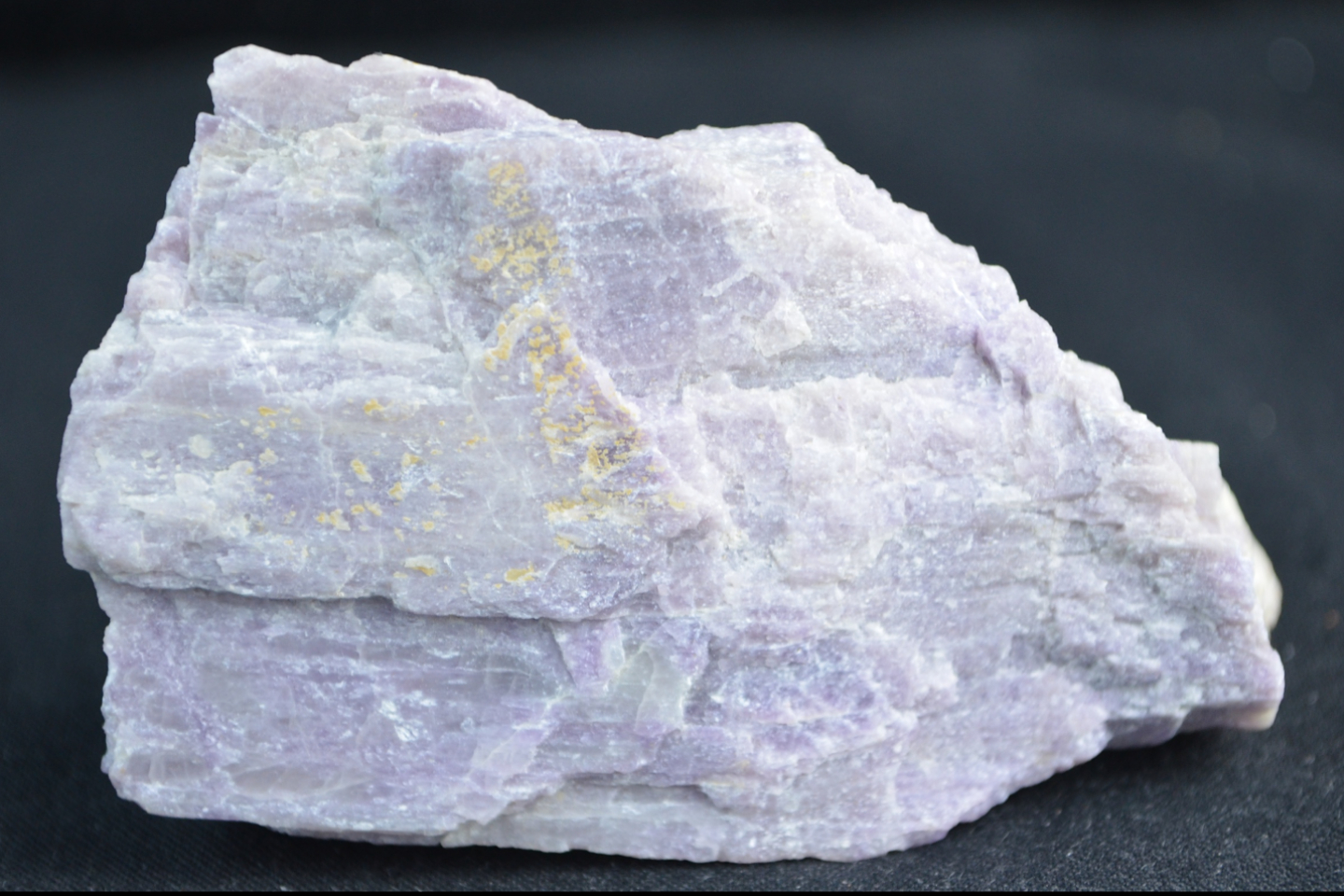Lithium Universe has initiated key metallurgical testwork on different spodumene types from all around the globe, with a view to creating a robust stream of feedstock for its proposed lithium refinery project in Quebec. The battery-grade lithium carbonate refinery has been designed to mirror the Jiangsu Lithium Carbonate Plant and will be able to process spodumene from any part of the world.


Lithium Universe has initiated key metallurgical testwork on different spodumene types from all around the globe, with a view to creating a robust stream of feedstock for its proposed lithium refinery project in Quebec.
The battery-grade lithium carbonate refinery – known as the company’s Québec Lithium Processing Hub (QLPH) – has been designed to mirror the Jiangsu Lithium Carbonate Plant in China and will be able to process spodumene from any part of the world.
Jiangsu is the largest-capacity battery-grade lithium carbonate plant in the Asia Pacific region and is widely regarded as a global benchmark for lithium refineries.
Lithium Universe’s testing process will use the flow sheet developed for its QLPH refinery based on the successful Jiangsu design and, importantly, incorporates all the enhancements made during commissioning and start-up. The QLPH site also has river and port access to allow global spodumene supply.
The company has started metallurgical testing on samples from Australia and South America, featuring various lithium grades in response to what it describes as a “lithium conversion capacity gap” in the North American market.
It has engaged internationally-regarded lithium expert Dr Jingyuan Liu to oversee the project. Dr Liu will use a testing protocol that matches the lithium carbonate process established for Lithium Universe’s proposed Québec lithium carbonate refinery.
Management says it has intentionally designed a program to demonstrate the viability of its process in generating battery-grade lithium carbonate from various spodumene concentrates available in the market.
Lithium Universe chairman Iggy Tan said: “I appreciate Dr Jingyuan Liu’s outstanding efforts and connections that enabled the initiation of this testwork program six months post-listing. Despite the decline in lithium prices affecting numerous industry players, Lithium Universe is full steam ahead.”
Tan said the company viewed the current short-term dip in lithium prices as an “advantageous window” that allowed it to finalise feasibility studies before the onset of the next cycle. The company says it is critical that its proposed refinery has the capability to efficiently process spodumene feedstock from diverse sources worldwide.
Management said that adaptability will ensure that the proposed lithium production operation remains robust and flexible as the Canadian supply chain continues to develop.
Lithium Universe has carefully selected a diverse range of commercial spodumene concentrates for its tests, encompassing a broad spectrum of grades, particle sizes and impurities. The test program is examining calcination, sulphation, leaching, impurity removal, precipitation and final purification, all aimed at achieving a battery-grade product.
Each test takes several weeks and to date, the testing has progressed smoothly and no challenges with any of the spodumene samples have been identified.
Importantly, one complete program successfully achieved an excellent 99.7 per cent lithium carbonate product, which is significant when compared to the international battery-grade specification of 99.5 per cent. The company also points out that all impurity levels are well within specification limits.
Management says the ongoing testwork program is an integral component of the engineering study being conducted by Hatch for the QLPH battery-grade lithium carbonate refinery.
The refinery is rated to 16,000 tonnes per annum, with an assumed feed grade of 5.5 per cent lithium oxide. Anhydrous sodium sulphate, generally used in the textile industry, will be sold as a by-product and alumina silicate residue from the leached spodumene will be sold to the cement industry.
Within the scope of the program, spodumene samples ranging from 5 per cent to 6.0 per cent lithium with diverse particle sizes are being subjected to comprehensive testing.
As Lithium Universe looks towards dominating the downstream lithium landscape in Québec, the company has now taken another small step for the industry to ensure an accessible global processing plant.
Is your ASX-listed company doing something interesting? Contact: matt.birney@businessnews.com.au












